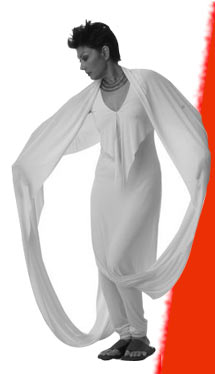In 1971 it was a dry and dusty bowl of sand and sand dunes people by the Bedouins, travellers and wonderers of the deserts. With the vision of a Sheikh it became the Mecca of commercialism, of buying power, of opulence and of dreams. People came from around the poor countries of the world to toil and build their own dreams. The rich made it their playground, the ultimate in lotus eating.
Nature was turned around here, and today rivers and ponds have replaced the sands. Full grown imported trees green the roads, superb highways pulsating with the newest fastest cars, daring a pedestrian to cross at her own peril.
This is Dubai, where locals are outnumbered nearly hundred fold by the others – the white, and light brown amidst the glitter, the others amidst the squalor. Two worlds in a total disconnect. Those who have built the city, the sky scrpaers, the highways, the pools, the underwater homes, have never slept anywhere except their overcrowded rooms. Those who dine at the lush restaurants pretend that they were placed there as if by magic, that no hard labour and sweat of unseen hands built them. And after all why should they think differently in a city that has shopping as its mantra?
And what of the others? Those whose passports get taken away? Those for whom the barometer readings stop at 45 degrees because admitting it is hotter would mean them getting a day off? Those who work 24 x 7 in the salubrious homes of the super rich and are beaten or worse for breaking a cup, whose salaries are withheld and often never paid, who fear for their lives but do not know how to escape?
The two Dubais seem to be slowly coming together because they are coming unstuck. The bubble has burst. The world’s fastest growing real estate machine has ground to a halt. And as always the greatest sufferers are those who came with little possessions, but with great dreams. Dreams of roads paved with gold. Dreams of pulling their families forever out of debt and poverty. Dreams of working hard for a few years and returning home never to have to worry about how to send their children to school, their mother to hospital.
The greatest problem for them is loneliness and isolation. Each of these workers feels adrift, alone, unable to share their feeling of being cheated of life. They feel stifled, for their lives are so patterned – camp, work, camp, grocery shops and mall or dance bar and back to the camp and work. However poor and desperate in India they were, they could roam free, go where they pleased, meet and talk with whomever they chose. Now they are controlled, watched.
The problem of course starts earlier with the false promises made by unscrupulous agents. Families build their dreams on these promises, and the hard reality is difficult to swallow. For embarrassment or shame, the workers do not share the realities with their families and continue living two lives, one in reality and one imagined one that they create for their families.
With recent sting operations from the BBC, the real horrors of the workers’ lives were transmitted to the world. The government and the embassies are becoming proactive in improving basic living and working conditions. But unscrupulous players still abound, there as well as in the form of their agents here, and the need to escape poverty is so great that people continue to flood the market. Without effective and timely poverty reduction schemes in the third world this is one form of exploitation that will continue to flourish.

